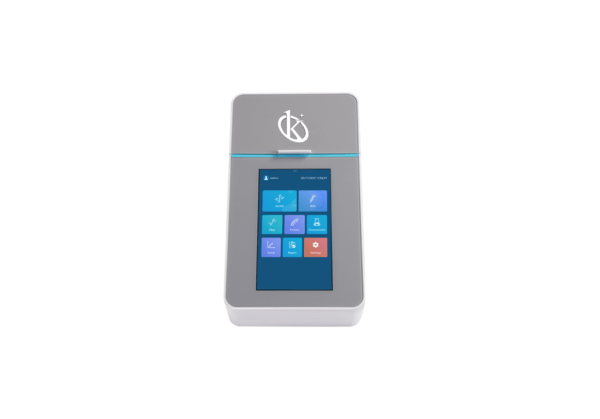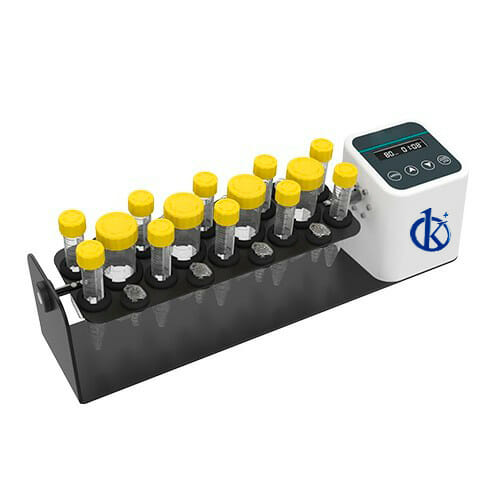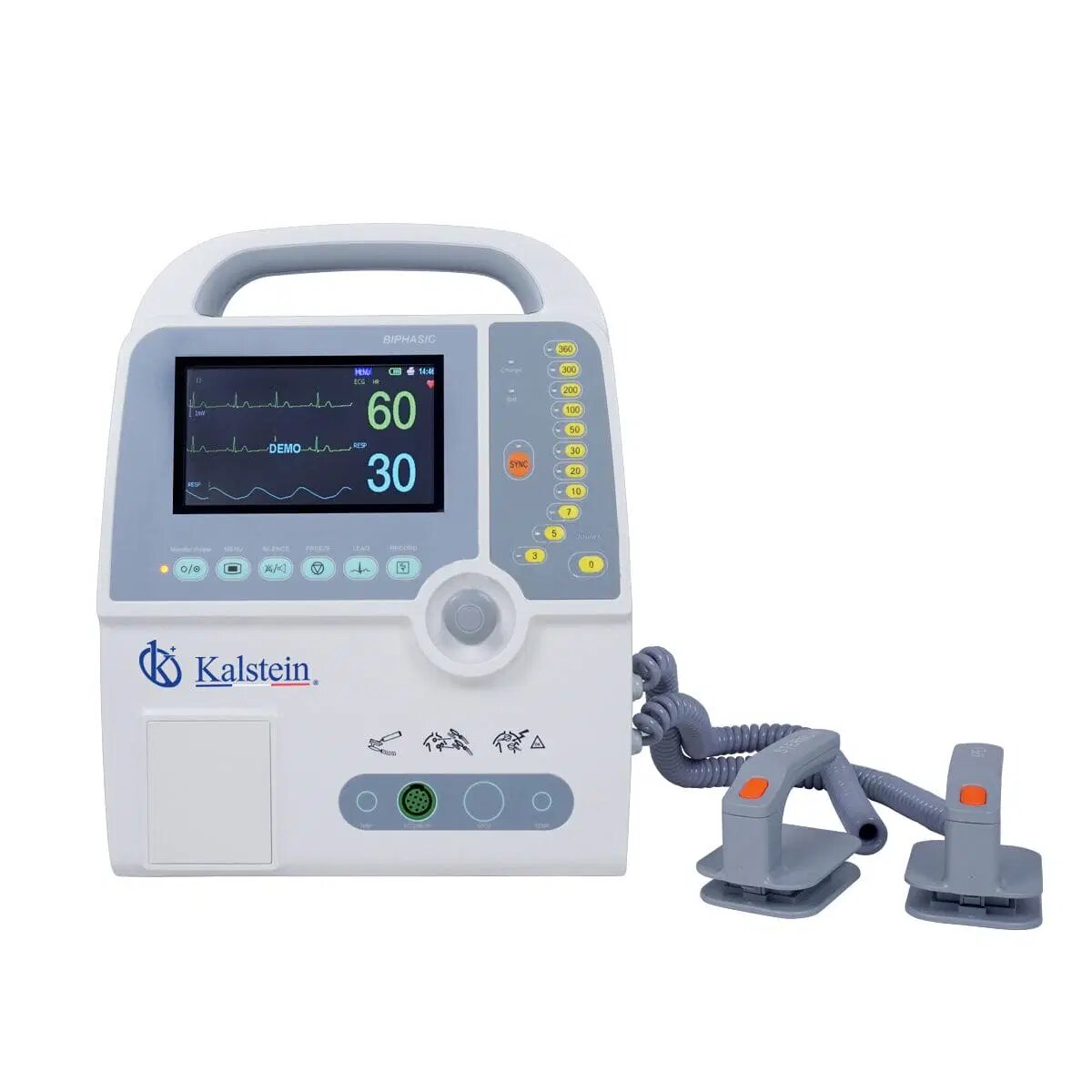Centrifuges
At Kalstein, we understand the importance of efficient laboratory equipment, particularly when it comes to centrifuges. These powerful machines play a vital role in various laboratory processes, from separating substances of different densities to isolating specific components for analysis. Our range of centrifuges is designed to deliver reliable and precise results, ensuring that your lab operations run smoothly and effectively.
With advanced technology and precision engineering, our centrifuges are built to meet the highest standards of performance and durability. Whether you need a high-speed centrifuge for quick separations or a refrigerated centrifuge for temperature-sensitive samples, we have you covered. Trust Kalstein for all your centrifugation needs and experience the difference that quality equipment can make in your laboratory workflows.
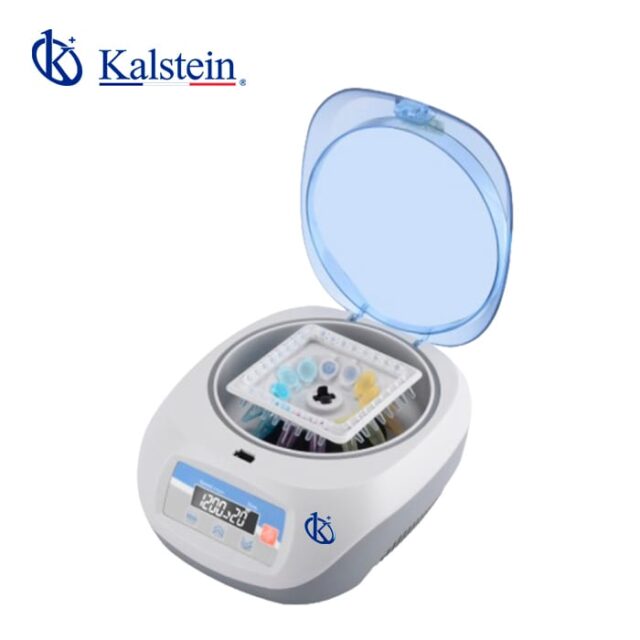
Types of Centrifuges Your Laboratory may need
Non-refrigerated centrifuges
Within the category of Centrifuges, Non-refrigerated Centrifuges play a crucial role in laboratory settings by separating substances of different densities within a sample. These centrifuges operate at high speeds to generate centrifugal force, allowing for efficient separation of components such as cells, DNA, proteins, and more. Non-refrigerated centrifuges are ideal for applications that do not require temperature control, offering simplicity and cost-effectiveness.
The versatility of Non-refrigerated Centrifuges makes them essential equipment in various scientific fields such as biology, chemistry, and medical research. With easy-to-use controls and a compact design, these centrifuges are suitable for routine laboratory procedures and ensure reliable performance. Investing in a high-quality Non-refrigerated Centrifuge from a reputable supplier like Kalstein provides researchers and lab technicians with the tools needed to streamline their processes and achieve accurate results consistently.
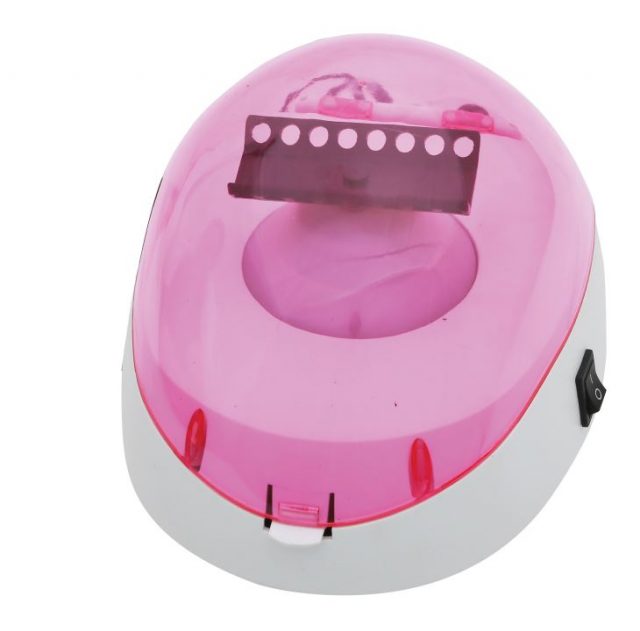
Refrigerated centrifuges
Refrigerated centrifuges offer advanced cooling capabilities to maintain the temperature of samples during high-speed spinning, ensuring optimal results in laboratory procedures. These centrifuges fall under the category of centrifuges, serving as essential equipment in various scientific disciplines. By incorporating refrigeration technology, these centrifuges prevent sample degradation due to heat generated from friction during centrifugation. Researchers and lab technicians rely on refrigerated centrifuges for applications requiring precise temperature control, such as cell culture work, DNA separation, and protein purification.
Kalstein provides a range of refrigerated centrifuges designed to meet the diverse needs of modern laboratories. With advanced features and ergonomic designs, our centrifuges ensure efficient sample processing while maintaining the integrity of valuable biological samples. Whether in clinical diagnostics, research, or industrial settings, our refrigerated centrifuges deliver reliable performance and exceptional results, contributing to the success of scientific endeavors.
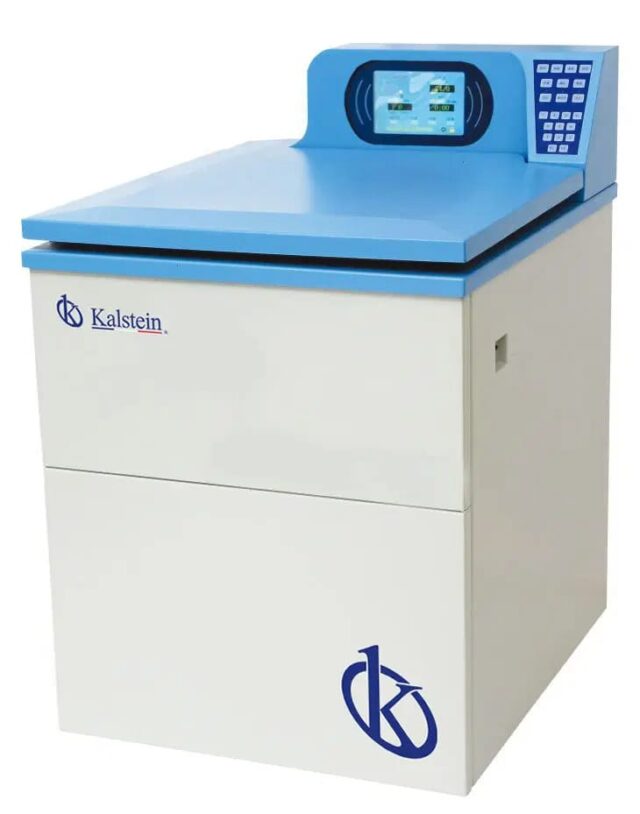
CENTRIFUGE KALSTEIN
At Kalstein you can find the ideal Centrifuges for Your Laboratory
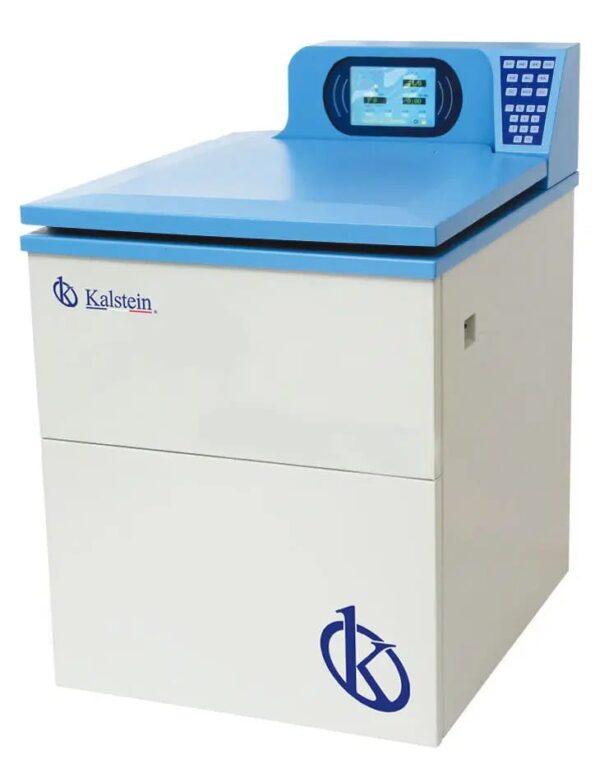
High-speed Refrigerated Centrifuge YR0111-1
High-speed centrifuge is a routine laboratory centrifuge, widely used in research, training and biology departments in biology, chemistry, medicine, etc. It ...
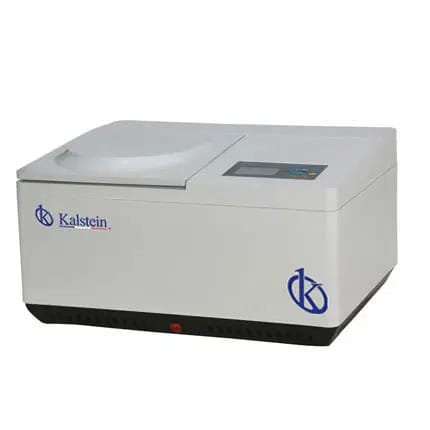
High-speed Refrigerated Centrifuge YR0126
The main operating principle of the high-speed centrifuge: the high-speed centrifuge is the powerful centrifugal force generated by high-speed rotor rotation ...
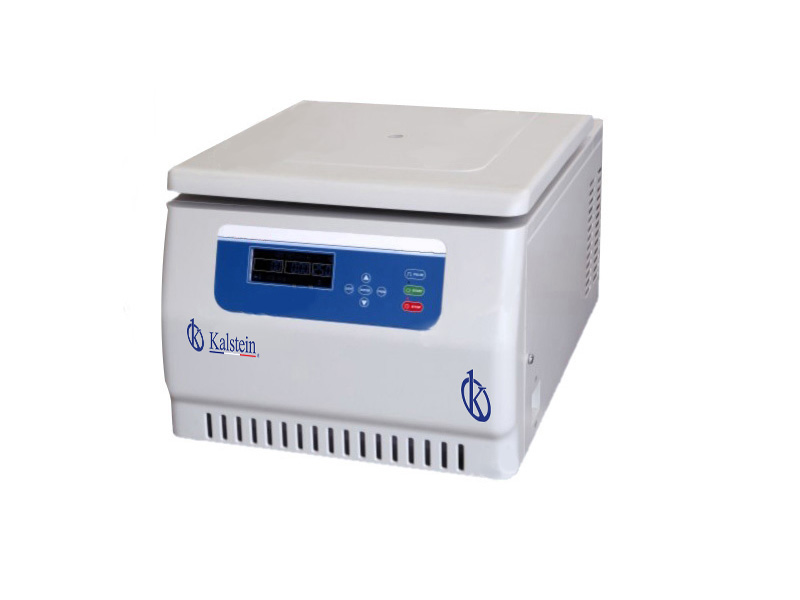
Refrigerated High-RPM Centrifuge YR0137
Microprocessor control, touch panel for easy visibility and access, LED or LCD display (user’s choice), AC frequency conversion motor without carbon du...
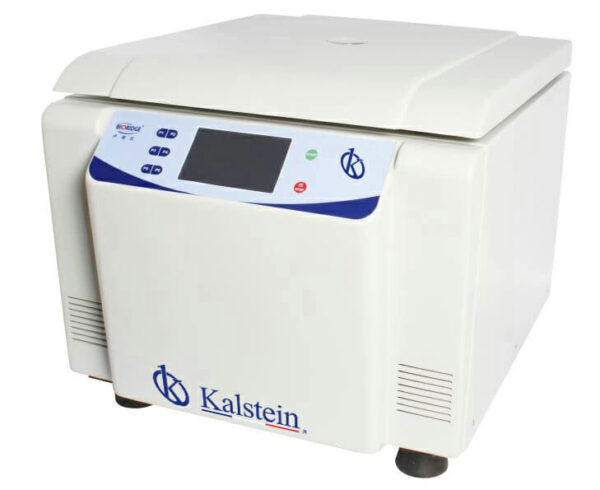
Tabletop High Speed Centrifuge YR019-TG
It is widely used in the field of clinical medicine, biochemistry, genetic engineering and immunology etc. It is the essential equipment for hospitals, scientific resear...
Our Centrifuge best seller
- Low cold centrifuge speed
- Brushless motor
- Stainless steel camera
- Imported cooling unit
- Various protection devices
- Low cold centrifuge speed
- LED / LCD display
- Microcomputer control
- Real-time conversion of RPM / RCF
It offers ten curved centrifugation programs for speed adjustment
Many types of tube racks, which are practical and replaceable
Short operating time, easy diversification centrifugation
Installed with an unbalanced unit, a door cover, a higher speed and on the temperature protection device
Imported refrigerated
| Model | YR123 |
| Maximum speed | 8,000 rpm |
| FCR max | 9 100 g |
| Speed accuracy | ±50 rpm |
| Temperature setting | -20 ~ +40°C |
| Heat exposure | ±1 °C |
| Compressor unit | Imported unit, French Tec |
| Power source | AC110V /60Hz AC220V / 50Hz |
| Noise | ≤65dB(A) |
| Packaging size | 650x710x1120mm |
| Weight | 180 kg |
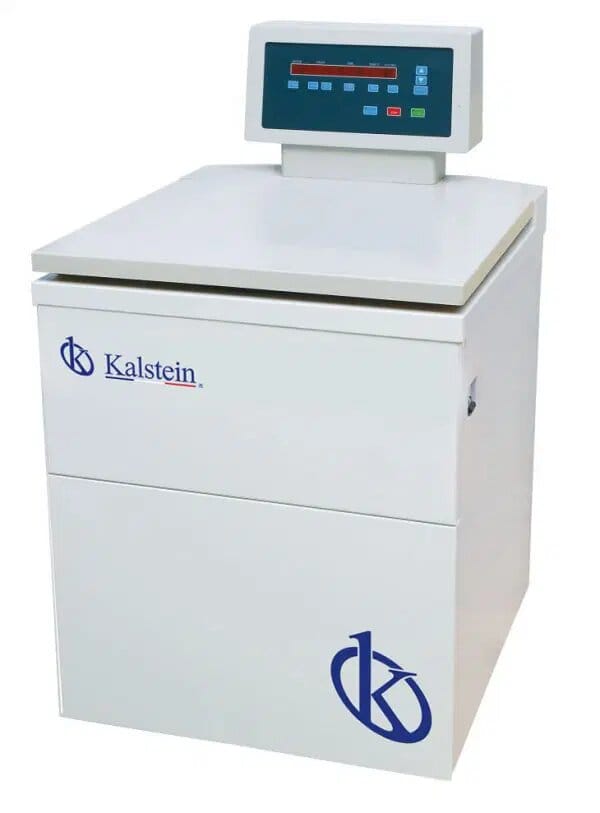
Analysis of the best Centrifuges for Your Laboratory

Why is a laboratory cytocentrifuge important?
In order to evaluate the importance of the cytocentrifuge we must highlight the utility and practicality of this equipment, in terms of the results obtained in the analyz...
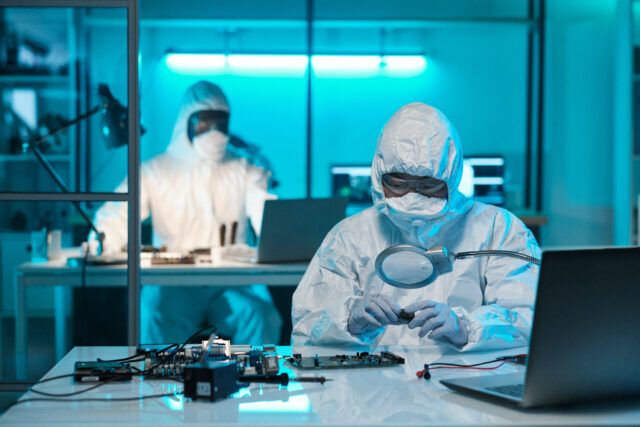
Laboratory centrifuges: care and maintenance
The care and maintenance of these laboratory equipment is indispensable to extend the useful life of the apparatus and mainly to obtain effective and efficient resul...

Hematocrit Centrifuge and Micro Centrifuges. Differences
The key difference between these two appliances is based on their functions and dimensions; we have hematocrit centrifuges, it is especially used to determine volumetr...

High speed centrifuges and low speed centrifuges: different applications
The centrifuge is an essential piece of equipment in every laboratory. This equipment generates rotation movements, with the aim ...
Catalog of models of Centrifuges on offer
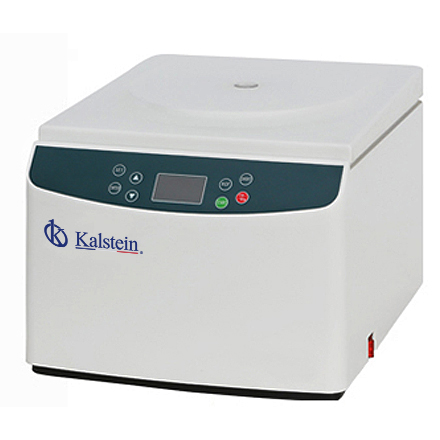
Centrifuge PRP YR469-1 with LCD screen
Select options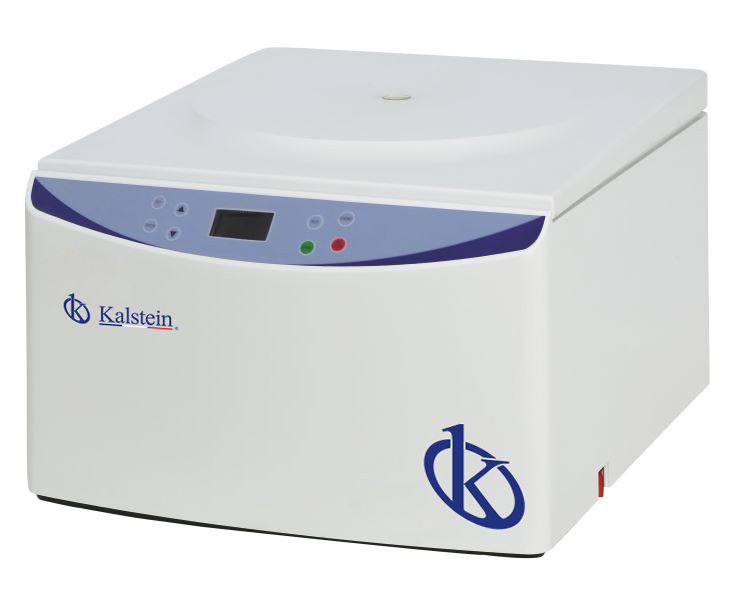
Speed table centrifuge YR134
Select options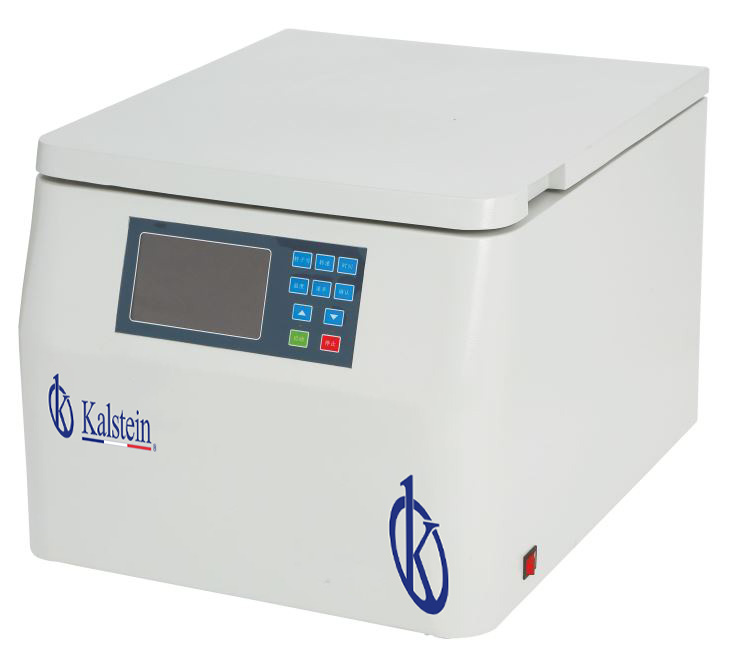
High-speed table centrifuge YR137-2
Select options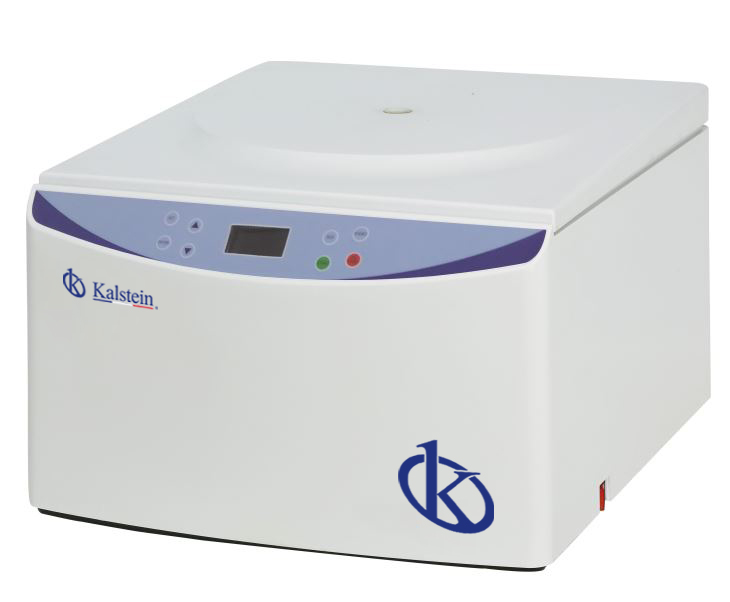
Low speed table centrifuge YR0140-1
Select options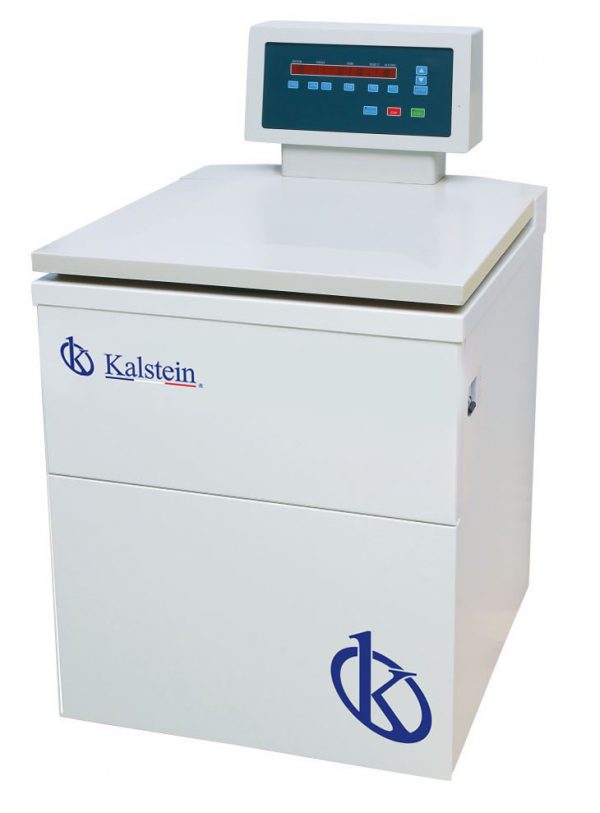
Low speed centrifuge YR124-1
Select options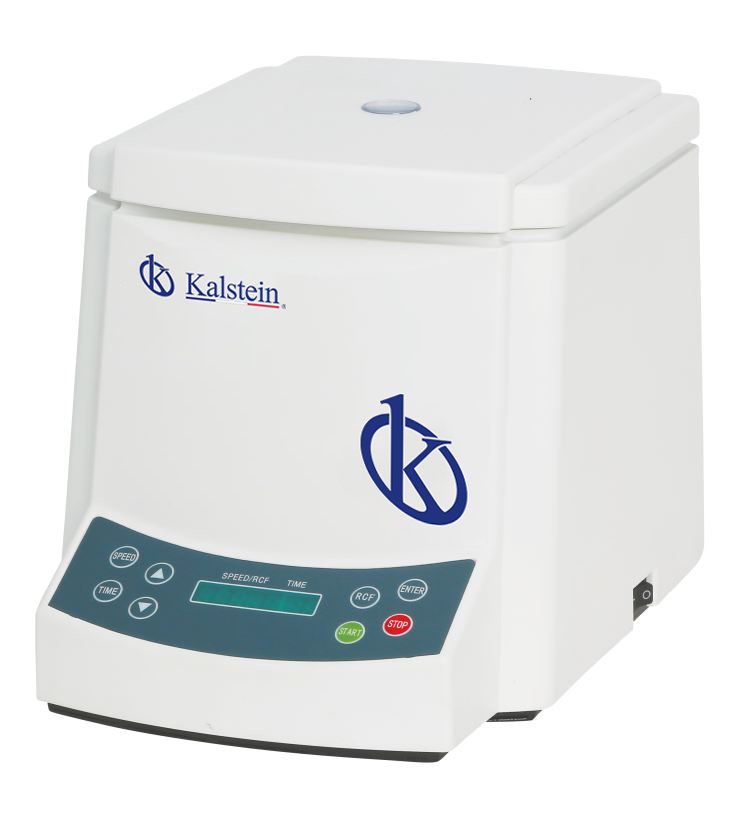
Speed table centrifuge YR142-1
Select options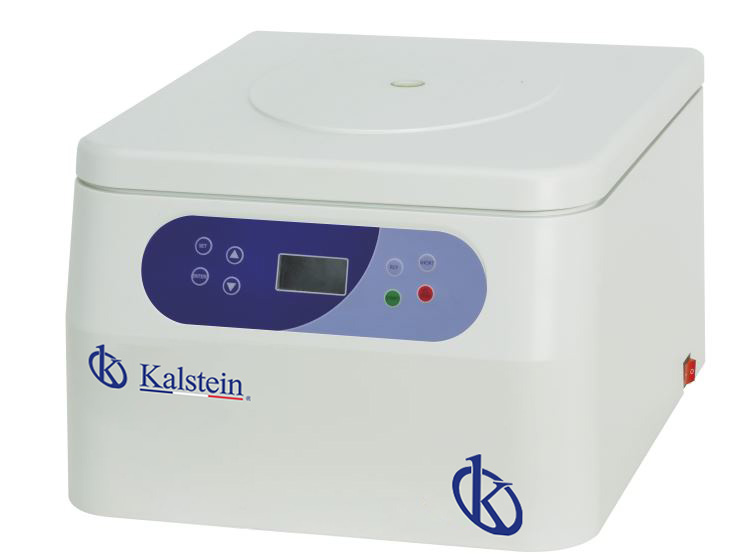
Speed table centrifuge YR0140
Select options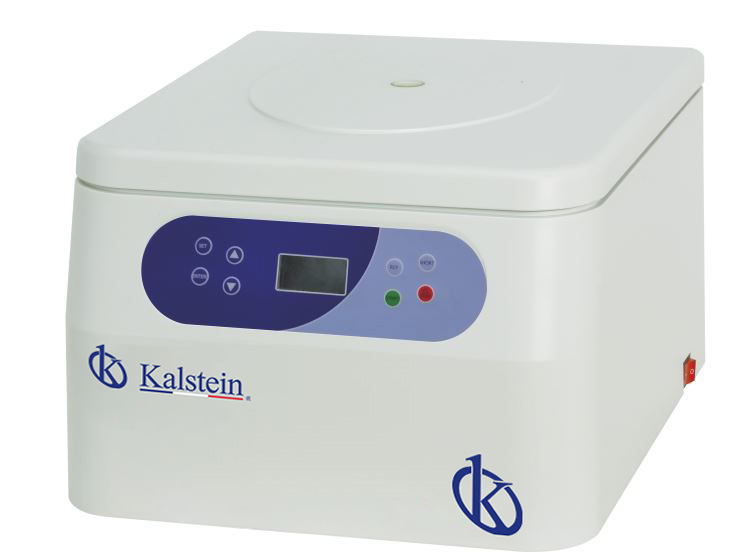
Speed table centrifuge YR0139
Select options
KALSTEIN UPDATED
Guidelines for you to become an expert in Centrifuges
The Centrifuges equipment are essential products in Your Laboratory, we provide you with guidance and recommendations for a better use, so you can work like an expert.
What is a clinical centrifuge?
Laboratory centrifuge: what is its function?
Types of laboratory centrifuges are there?
Centrifuge: When to use an angular rotor and a horizontal rotor?
This is an indispensable equipment for any laboratory, it is designed for material separation in the areas of molecular biology, medicine and in the food industry; its function is based on gravity and mass, i.e. it separates particles in a heterogeneous solution according to their size and density and performs this process in a faster and more efficient time.

Frequently asked questions from our customers about Centrifuges
The delivery time of your Kalstein product will depend on the following:
- Whether the equipment you are interested in is in stock or if it needs to be manufactured.
- The type of freight you have chosen, which can be either air or sea.
- Equipment in stock:
– Delivery Time (Air): 15-30 days.
– Delivery Time (Sea): 45-60 days.
- Equipment not in stock:
– Delivery Time (Air): 30-60 days.
– Delivery Time (Sea): 60-90 days.
You can make your purchase through:
- By email: [email protected]
- By phone: +33 (0) 1 70 39 26 50
- Online shopping: Through the official Kalstein website in your country.
At Kalstein, we provide our customers with inductions and technical support through new online methods. You can visit our induction videos, technical assistance, and guidance provided by a Kalstein team through our Youtube channel (Kalstein English). HERE
Send us a direct message and one of our agents will contact you
Centrifuges
Lorem ipsum dolor sit amet, consectetur adipiscing elit. Sed dignissim placerat mauris cursus laoreet. Nam feugiat lacus ex, at fermentum sapien accumsan nec. Curabitur auctor porttitor mi non malesuada. Aenean condimentum, purus vitae rhoncus imperdiet, justo eros aliquam ipsum, at egestas leo diam eget libero.

Catalog of models of Centrifuges on offer.
-
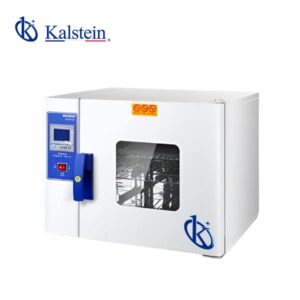
Electric Heating Drying Oven YR06446
-
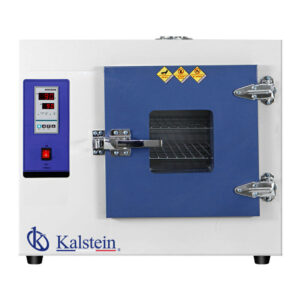
Electric Heating Drying Oven YR05259-2
-
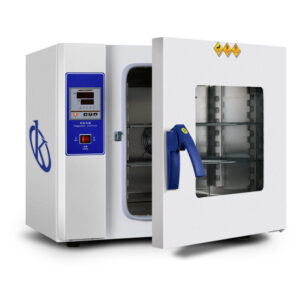
Electric heating drying oven YR05248 // YR05255
This product has multiple variants. The options may be chosen on the product page -
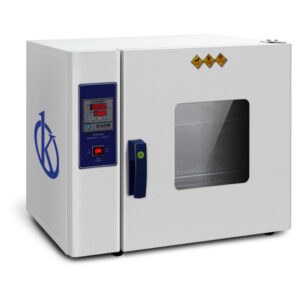
Electric heating drying oven YR05244 // YR05247
This product has multiple variants. The options may be chosen on the product page -
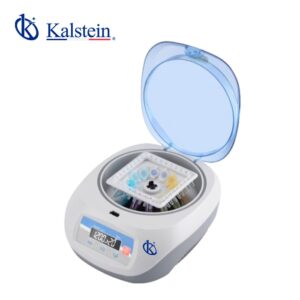
Mini Centrifuge With Large Capacity YR012G
-
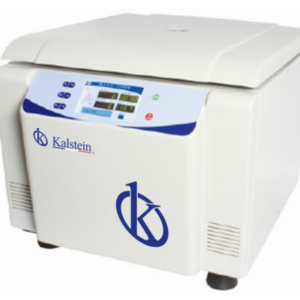
Tabletop High Speed Centrifuge YR0137-2 – YR0137-3
This product has multiple variants. The options may be chosen on the product page -
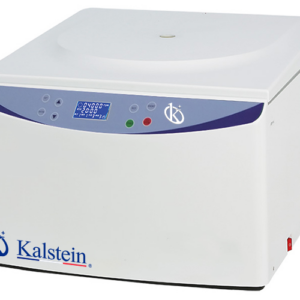
Gel Card Centrifuge YR142-3 – YR142-3-1
This product has multiple variants. The options may be chosen on the product page -
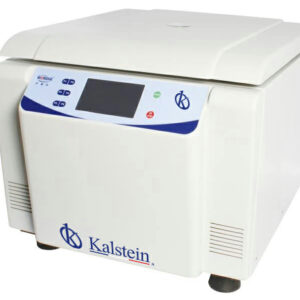
Tabletop High Speed Centrifuge YR019-TG
This product has multiple variants. The options may be chosen on the product page -

Intelligent Electric Wheelchair YR06432
-
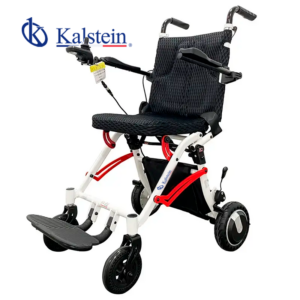
Electric Wheelchair YR05445
-
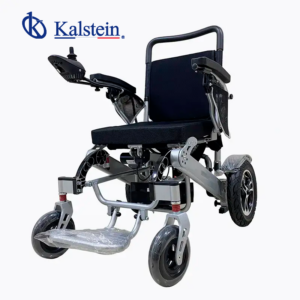
Electric Wheelchair YR05443
-

Electric Wheelchair YR05442
-
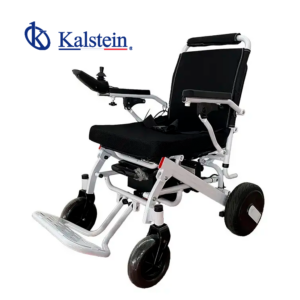
Electric Wheelchair YR05444
-
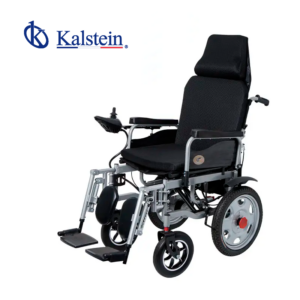
Electric Wheelchair YR05441
-

Electric Wheelchair YR05440
-
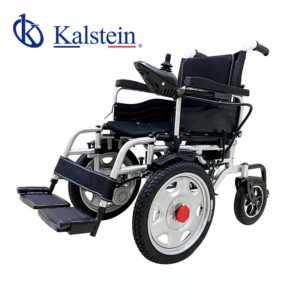
Electric Wheelchair YR05439
Descubre más de nuestro catálogo
Tipos de Centrifuges

[Producto] A
Lorem ipsum dolor sit amet, consectetur adipiscing elit. Ut elit tellus, luctus nec ullamcorper mattis, pulvinar dapibus leo.

[Producto] B
Lorem ipsum dolor sit amet, consectetur adipiscing elit. Ut elit tellus, luctus nec ullamcorper mattis, pulvinar dapibus leo.
Find out more about Centrifuges with our guides.
High-Sensitivity Fluorescence Analysis for Precise Research
Fluorescence analysis is essential in a wide range of scientific research, from molecular biology to analytical chemistry. When it comes...
Laboratory Shakers: Efficient and Uniform Mixing of Scientific Samples
In the world of scientific research, ensuring an efficient and uniform mixture of samples is crucial for obtaining reliable results....
Veterinary Monitors: Precise Monitoring of Vital Signs in Critical Procedures
In the veterinary field, accuracy in monitoring vital signs is essential to ensure the well-being of animals during critical procedures....

